Project partners
The National Anti-Doping Governance Observer project distinguishes between ‘Full’ and ‘Associated’ partners. All partners are fully committed to the project and its implementation.
Full Partners undertake the responsibility to conduct the academic research and write the national reports in their respective countries.
Associated Partners are committed to give advice, assist with the development and implementation of the benchmarking tool, and disseminate knowledge about and results from the National Anti-Doping Governance Observer.
Full Partners (Academic research and reporting)
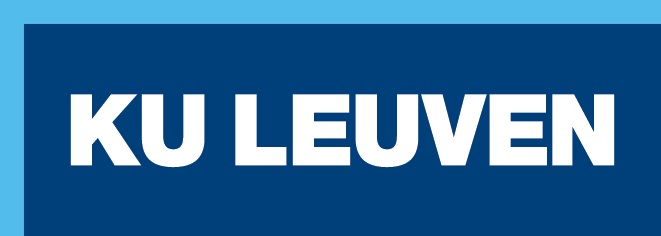
KU Leuven has been a centre of learning for nearly six centuries. Today, it is Belgium's largest university and, founded in 1425, one of the oldest and most renowned universities in Europe.
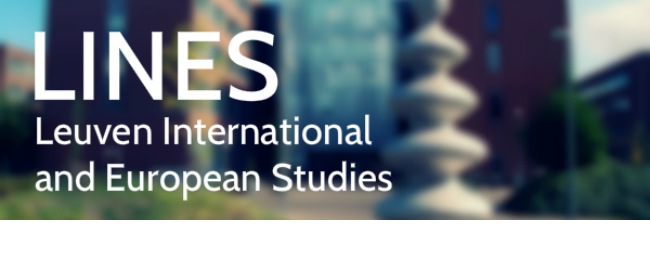
LINES [Leuven International and European Studies] is KU Leuven’s institute for the study of international politics and European affairs at the Faculty of Social Sciences.

The German Sport University Cologne (GSU) is Germany’s most important academic centre of teaching and research in physical education and sport science – and one of the largest specialised universities world-wide. With 20 scientific departments it covers a wide range of sport science in teaching and research. The Institute of European Sport Development and Leisure Studies and its newly established chair for sport politics aim to contribute to the European dimension of sport in particular.
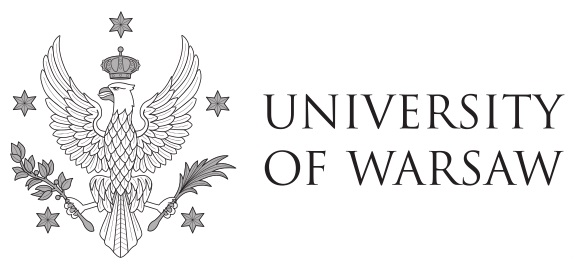
The University of Warsaw (UW, since 1816) is a public research-oriented university and Poland’s largest and finest university. From its beginning UW has played a major role in the intellectual, political, and cultural life of Poland, and is recognised worldwide as a leading academic centre in Central Europe.
Associated Partners (advice, implementation, dissemination):
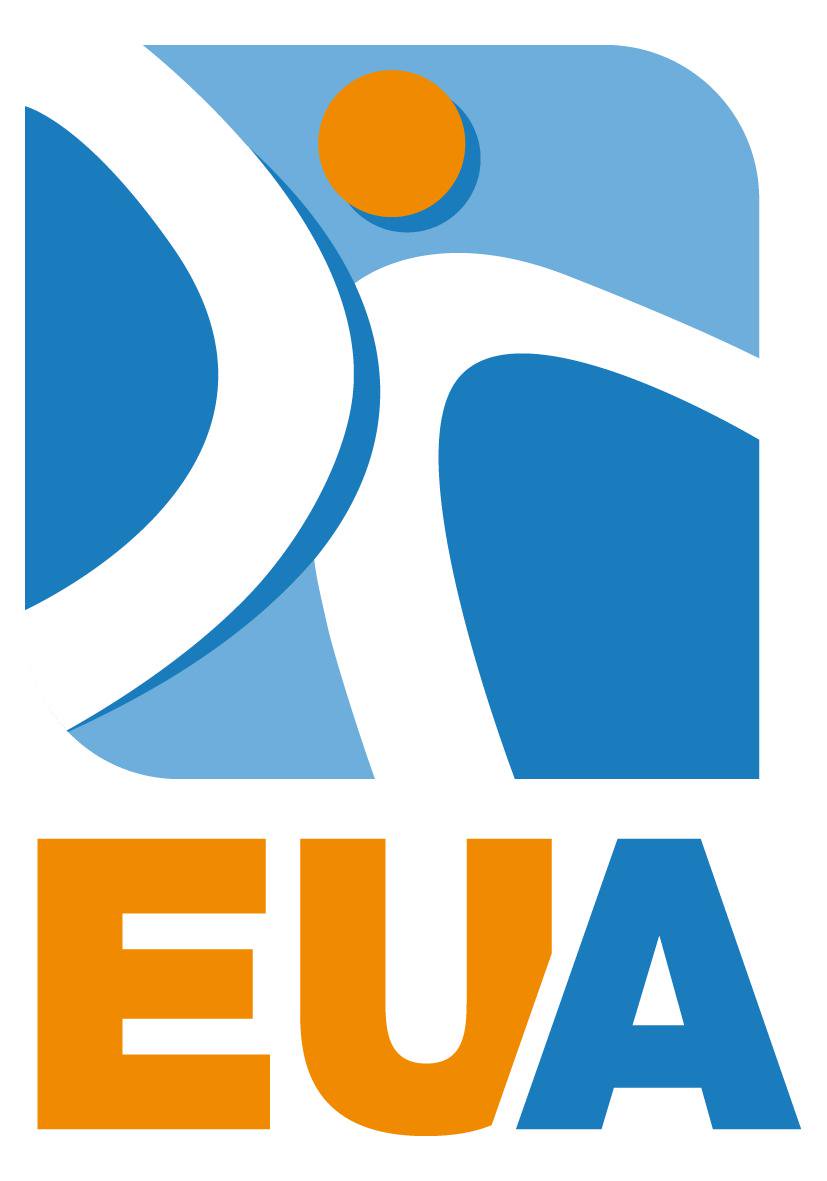
European Elite Athletes Association (EU Athletes) was set up in 2008. It is the leading European multi-sport federation of player associations (sports trade unions) with 32 members in 13 different European countries in a wide range of different sports. More than 25,000 elite athletes are represented through the membership.
EU Athletes brings the member player associations together to share best practice, form collective policies on behalf of players, and develop and deliver education and training programmes. EU Athletes is owned by its members and acts as a consortium of player associations from across Europe.
![]()
Fair Sport is an independent, international, non-profit foundation that provides access to free legal counsel and other support to confidential sources. Established as a foundation (501c3 in the US and a company limited by guarantee in the UK) FairSport works for legal protection of whistleblowers in sport and promoting clean sport around the world.
The cornerstone of the organisation is independent legal assistance made available through charitable funding. The foundation is a safety net and “safe haven” for those with consequential stories to share. It provides confidential sources with a range of services free of charge, depending on individual circumstances and needs.

Institute of National Anti-Doping Organisations (iNADO) is an organisation comprising 67 member National Anti-Doping Organisations (NADOs) from around the world. A primary objective of the organisation is to identify and share best practice in all fields which are relevant to ensuring the highest quality anti-doping programmes.
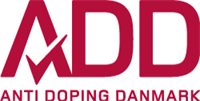
Anti Doping Denmark (ADD) is the national anti-doping organisation (NADO) in Denmark. According to the Danish law, ‘Law on promoting integrity in sport’, ADD is established as a public independent institution with reference to the Ministry of Culture. It is ADD’s responsibility to promote the fight against doping in sport.
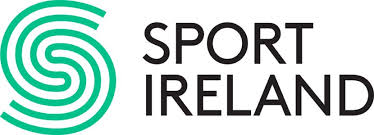
Sport Ireland – Anti-Doping Unit is the national anti-doping organisation (NADO) in Ireland. Sport Ireland plans, leads and co-ordinates the sustainable development of competitive and recreational sport in Ireland.

National Anti-Doping Agency (NADA Germany) is the first recourse for clean sport in Germany. NADA was founded in July 2002 and has been pursuing its valuable mission, campaigning for fairness and equal opportunities in sport since then. As a non-profit foundation under private law, it is an independent body.
NADA tackles the problem of doping in sport, in both a national and international collaborative context, and supports all athletes who are committed to perform honestly. NADA’s remit comprises doping tests, doping prevention, medical and legal advice, plus international cooperation.

Polish Anti-Doping Agency (POLADA) is the national anti-doping organisation (NADO) in Poland. It was established on 1 July 2017 as a result of the transformation of the Commission Against Doping in Sport. The Agency is responsible for the implementation of the National Doping Control Programme, education, international and national cooperation in the fight against doping in sport. It works closely with the law enforcement organisations such as the police, customs, border guards, military police and the prosecution.
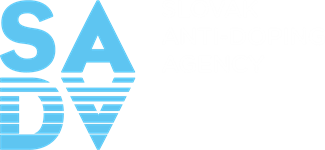
Slovak Anti-Doping Agency (SADA) was established as an independent organisation fulfilling in the Slovak Republic the role of prevention and control in the field of doping. The agency is a government-subsidised organisation, financially linked to the budget of the Ministry of Education.





